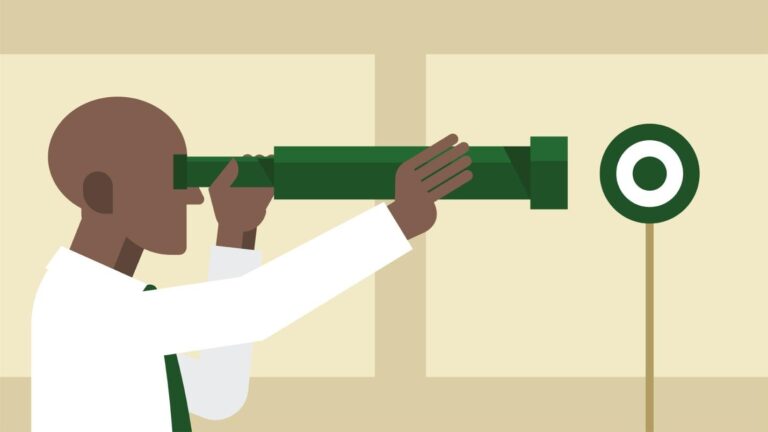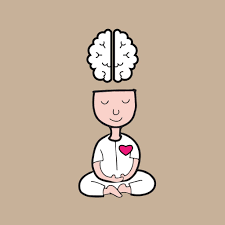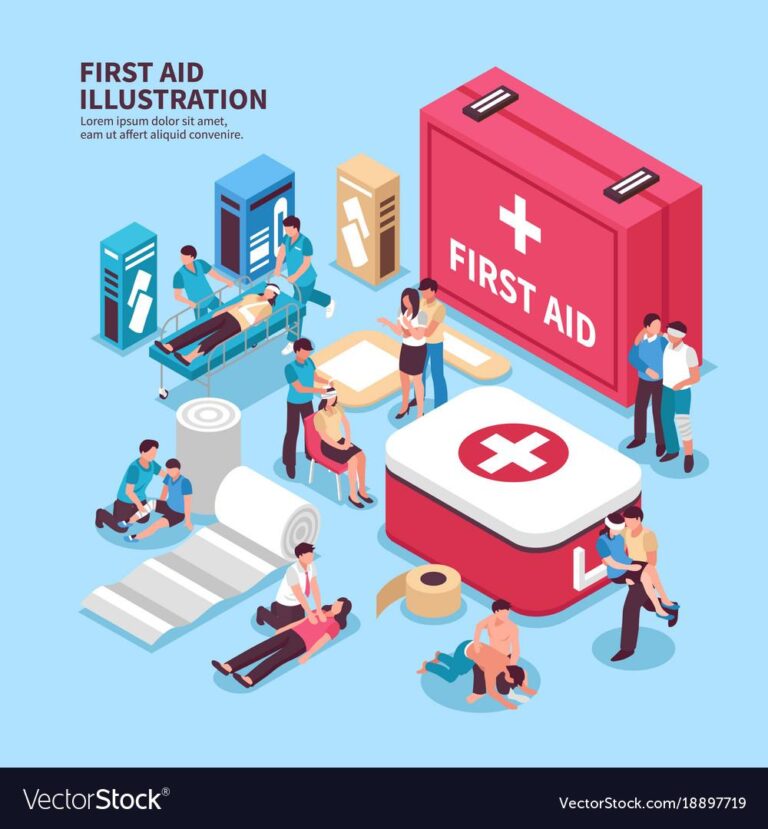10 Things No One Ever Taught You in School

You often hear people say that schools do not teach what students really need to know in the real world. But rarely will anyone tell you what exactly is this crucial information that you missed. If you’re confused about this, do not worry. We’ve got you covered.
Here are 20 life skills that you were probably not taught in school. This is not a comprehensive lesson by any means, but at least you’ll know more of what you don’t know, and then you can go from there.
1. Communication:

In schools, many of us get by with hiding behind our more confident friends who do the talking for us. Someone else is always around to order the food and to talk to the cashiers. However, that’s not real life. You can’t always have someone tagging along with you to do the heavy lifting when it comes to communicating. You have to be comfortable enough to at least hold up a basic conversation, and ideally comfortable enough to not have to hold back on expressing yourself.
Also, you should know how to converse in a way that gets your point across without offending anyone. We hear a lot of people being offended and people being misunderstood these days. That is because they don’t know how to tailor their messages in a way others understand, or how to listen to another point of view without feeling attacked.
Here is a great guide to basic conversation.
2. Financial Management

When in school, we rarely ever have any idea of how much money we have and what to do with it. Life does not seem to extend beyond the next day, and that’s okay. However, right after school we have to deal with universities, jobs and managing household finances. This can entail budgeting, loans and being stretched thin. If you don’t know how to balance your own finances, you may well be spending more than you make, which is obviously not a sustainable way to live.
This applies all the more so if you’re someone that has kids or is planning to have kids. Kids are not cheap, and kids that want to go to college are extremely expensive. Save now, and you’ll thank yourself later.
Here is a little guide to help you get started on understanding finances.
3. Presentation

School is essentially a bubble. You see the same people every day for years on end, and everyone is too familiar with each other for your presentation to define you. However, not everyone outside school knows you. And what they see is what they will assume you are getting. You might be the smartest person in the room, but if you walk in late with disheveled clothes, chances are you’ll never get the chance to speak.
Presentation extends beyond just clothing though. It includes your time management, your personal hygiene, how you talk to people, how polite you are and how responsive you are to those conversing with you. Your presentation is the crux of your reputation, and your reputation is your money maker. Remember, perception is reality.
Watch this guide to presentation for some stellar tips.
4. Negotiation

Rarely ever will you get exactly what you want on the first try in life. The party opposite you expects you to push back, and so negotiation makes up half of every deal you’ve ever made. Every time you didn’t negotiate, you lost the chance to get what you truly wanted with a well-presented case.
However, there is an art to negotiation. It does not mean whining or pestering. It does not mean pushing unreasonably. It means a reasoned, rational argument that presents your case. It does not always mean that you will get what you negotiate for, but it does sometimes really help you out.
Watch this for some negotiating tips.
5. Online etiquette

It’s interesting to note that school curriculums have stayed the same for so many decades, even though the circumstances of our lives have changed entirely. Why are we learning cursive anymore? No one writes extensively enough for it to have much use. What we should be learning is how to behave when we check in online.
Social media has given a unique voice to people that do not have an audience otherwise. Often, this means great news for inclusivity, awareness and openness. However, it sometimes means that keyboard warriors get a space to lash out and release their negativity at someone else’s expense. The problem is they don’t think they’re doing anything wrong. The bigger problem is that no one is teaching them how to healthily deal with their issues.
Watch this for some perspective on online activity.
6. Focus

Today’s kids have crazy multitasking powers. And it only makes sense: we’re juggling social lives, education, family, social media, health and so much more at any given millisecond. However, what we’ve lost in this mental development is the ability to give singular focus to any one thing. Imagine putting your electronics (INCLUDING your phone), tasks, friends and all aside and focusing just on reading a book for a whole day. Terrifying, right?
Think of it this way. If we have the mental capacity to juggle so much together, think how far we could go if we single-mindedly focused on one thing. We should learn how to unleash this focus and mental strength. Never underestimate the strength of your own mind.
Watch this guide to focusing.
7. Figure Out What You Like

One of THE most oft-repeated questions from those in their late teens and early 20s is, “How do we decide what career we want?” It’s weird to think that we spend around 18 years educating ourselves, only to end up confused about where our passions and interests lie. And given that colleges require major declarations within the first two years, and that not going to college is a huge decision in itself, there should be more focus on the question of “What do I like to do?”
Figuring out what you do like is in most instances a question of ruling out what you don’t like. And you don’t know what you don’t like until you do it. Make some sense? The point is, the value of internships, practical counseling sessions and one-on-one conversations with industry professionals is underrated in schools.
Watch this little guide to figuring out your passions.
8. De-stressing

Stress plays an unfortunately large part in many of our lives. We always have too much to do and not enough time to do it. We’re always stretched too thin. We’re always being asked to step up and deliver more. However, what we don’t have is an avenue to release this tension at the end of the day.
Without de-stressing, you’re essentially playing the game of the straw on the donkey’s back. Sooner or later, you or someone around you will put some burden on you that you won’t be able to maintain. And you will collapse. That is why stories of burnout are way too common these days. It is essential that you make some time and learn some tricks to release the accumulated tensions in your body.
Watch this guide to dealing with stress.
9. Basic Cooking

It’s weird that in this race to become independent, money and a fat bank account come before basic survival skills. Education is ideally meant to empower you with the skills that help you navigate your life by your own self. Cooking and being able to feed yourself is one of the most important skills ever.
Not only will it allow you to be independent, but it will also ensure that you check into your health three to four times a day. When you make what you eat, you start learning about what your own body likes and dislikes, and what it responds well to. Just as you can’t ask to become a mechanic without learning what machines run on and what corrodes them, you can’t ask to become a powerhouse go-getter without learning how you react to what you put into your body.
Watch this guide to food and home cooking for some help.
10. Basic First Aid

Basic first aid is one of the MOST essential life skills. You never know what situation you’re going to be in. You could get injured yourself, or have someone around you get injured. In these moments, it is not always possible to rush to the hospital. More importantly, it is not always the best response to move the injured person.
Basic first aid requires very little time investment, but gives you skills that stay with you forever. CPR and how to use injections and needles safely are additional skills that really can’t hurt you if you learn them.
Watch this guide to understanding the value of first aid.
